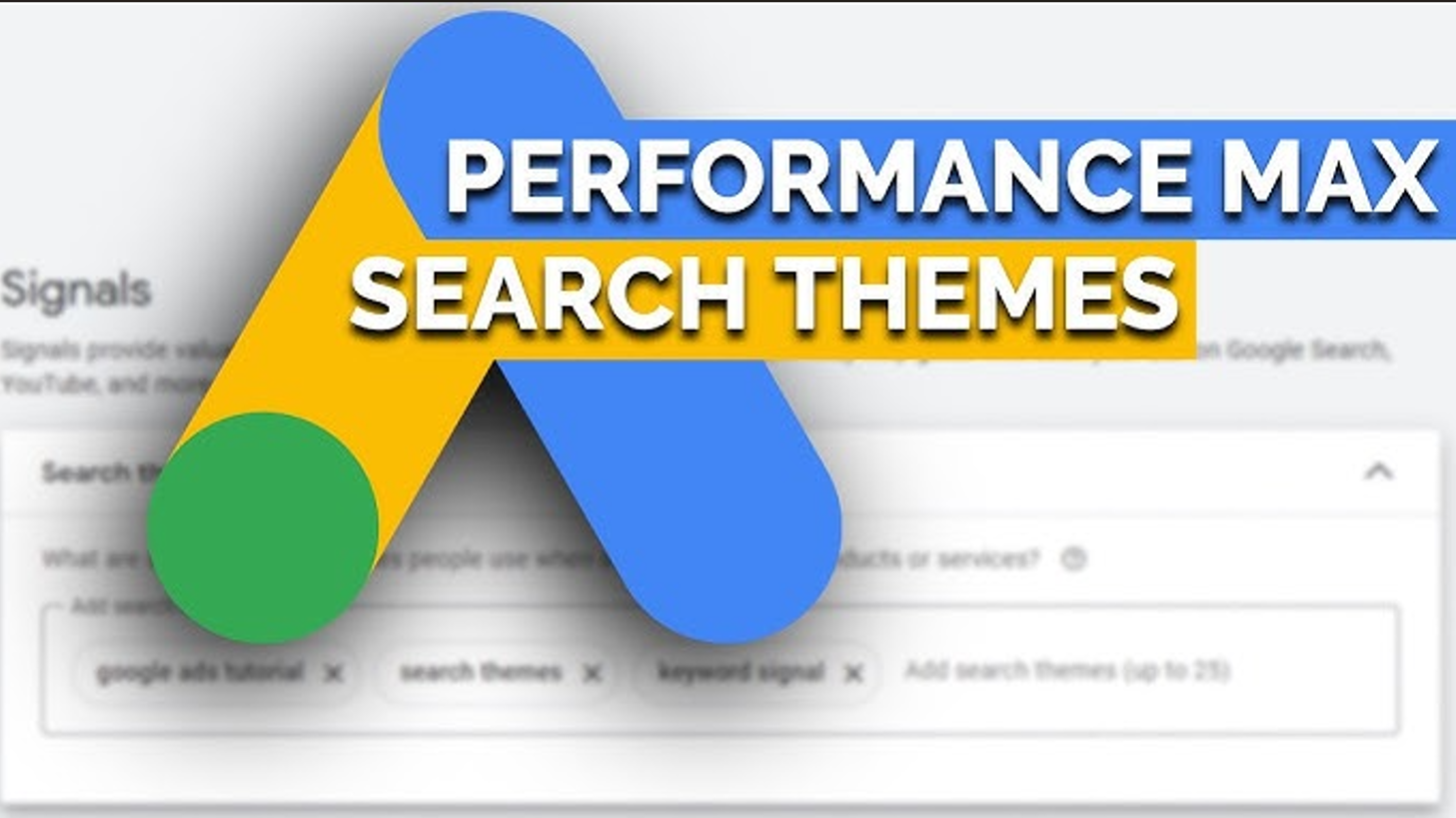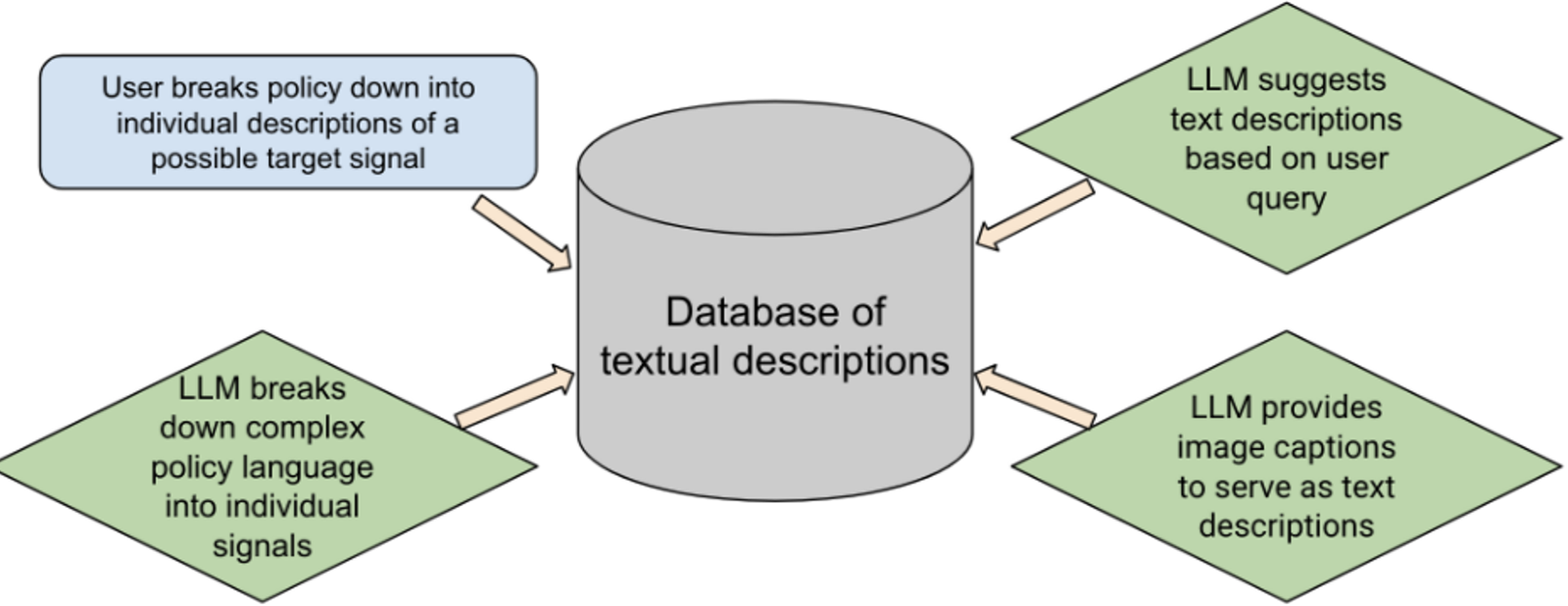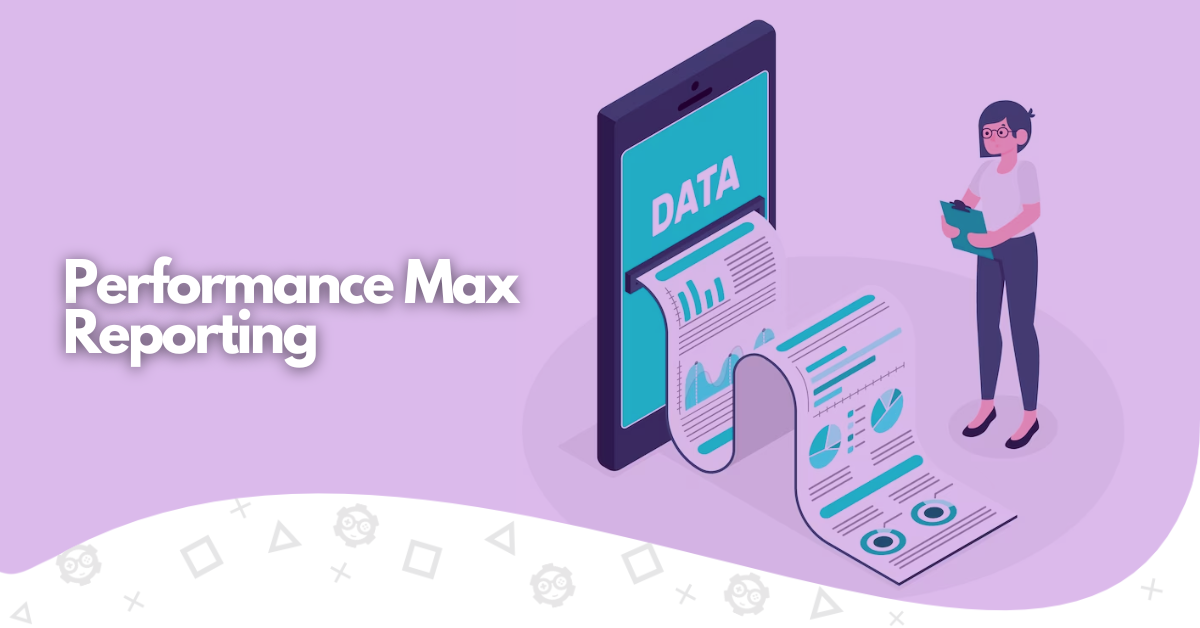When you run PPC services for your business, you want every penny to work smarter, not harder. But did you know that how you choose to target your ads — whether through traditional keywords or Google’s newer Search Themes — can make a big difference to your results?
Understanding Traditional Keywords
Let’s start with what most people know — keywords.
For years, Google Ads has been driven by keywords. You pick the words or phrases people are likely to type when they’re searching for what you offer. If you’re running a bakery in Delhi, your keywords could be “best chocolate cake near me” or “custom birthday cakes in Delhi”.
Why do marketers love keywords?
- Specific targeting: You can match exactly what your customer types.
- Precise control: You choose which words to bid on, what to exclude, and how much to spend.
- Relevant traffic: With well-researched keywords, your ads appear only to people searching for exactly what you sell.
For many businesses, traditional keywords remain at the core of both PPC and SEM services. But the online landscape is changing. And that’s where Search Themes steps in.
What Are Search Themes?
Search Themes is Google’s newer way of helping advertisers connect with the right people, especially when using AI-driven campaign types like Performance Max.
Think of Search Themes like smart signals you give to Google’s AI. Instead of uploading a long list of keywords, you tell Google the topics, products, or services that matter to your business. Then, its AI works to match your ads with searches that align with those themes.
Key points about Search Themes:
- Broader reach: You’re not limited to exact words. Google finds related searches that fit your theme.
- AI-powered: It uses machine learning to show your ads to people who are most likely to convert.
- Less manual work: You don’t need to spend hours building huge keyword lists.
So, while keywords are about precision, Search Themes are about context and coverage. It’s Google’s way of expanding your reach, using AI to understand intent, even when the exact words don’t match.
Search Themes vs Keywords: The Big Differences
To help you decide which to use — or how to combine both — here’s how they stack up.
1. Control vs Automation
- Keywords: Give you precise control. You know precisely which queries will trigger your ads.
- Search Themes: Hand over some control to Google’s AI, which learns and optimizes on its own.
If you like to tweak every detail of your PPC services, keywords give you that power. But if you’re open to automation and want to save time, Search Themes can do a lot of the heavy lifting.
2. Specificity vs Broad Coverage
- Keywords are great for targeting particular search intent.
- Search Themes: Can reach users even when they don’t use your exact words, but show signs they’re interested in your offer.
For example, if you offer SEO services, a keyword might be “affordable SEO services for small businesses.” A Search Theme could be “digital marketing services,” which might catch broader searches you hadn’t thought of.
3. Learning Curve
- Keywords: Require more research, monitoring, and adjustments.
- Search Themes: Are beginner-friendly and lean on Google’s AI to optimize.
If you’re new to performance marketing, Search Themes can help you get started without needing to be an expert in keyword bidding strategies.
Why It Matters for Performance Marketing
Whether you’re focused on SEO services, PPC services, or a mix of SEM services, your goal is better performance marketing. That means driving more of the right people to your site, at the correct cost, and converting them into customers.
Choosing between Search Themes and keywords can shape how well you reach that goal.
Good brand positioning depends on reaching the audience that matters. Keywords give you laser-sharp relevance. Search Themes expand your reach, letting you capture new opportunities that strict keyword lists might miss.
In a competitive market, combining both can be the winning formula. Many businesses are seeing that blending precise keywords with broad Search Themes gives the best of both worlds.
How Should You Use Both?
Here’s how you can get started:
- Run tests: Try campaigns that use only keywords, only Search Themes, and a mix. Compare results.
- Use negative keywords wisely: If you’re using Search Themes, set negatives to filter out irrelevant matches.
- Keep optimizing: Even AI needs your guidance. Monitor which themes or keywords bring conversions and refine your strategy.
Tips for Better Results
To get the most out of your PPC services or SEM services, keep these best practices in mind:
- Know your audience: Whether you use keywords or themes, you need a clear understanding of who you’re targeting.
- Watch your data: Performance marketing is not “set and forget.” Always review your campaign performance and adjust bids, ads, and targeting as you learn.
- Think about brand positioning: Your ads should not just drive clicks; they should build trust and position your brand as a solution to your audience’s problems.
- Work with experts: If you’re new to this, partnering with a team that understands PPC services, SEO services, and SEM services can save you time and money in the long run.
The Future of Search Themes and Keywords
Digital marketing keeps evolving. AI is playing a bigger role than ever before. But don’t see it as a threat — see it as an advantage.
Search Themes help you tap into the power of Google’s AI while still staying true to your brand’s goals. Keywords give you the precision to protect your budget and keep your ads relevant.
When combined thoughtfully, both can help you grow faster, strengthen your brand positioning, and ensure every click brings you closer to your goals.



